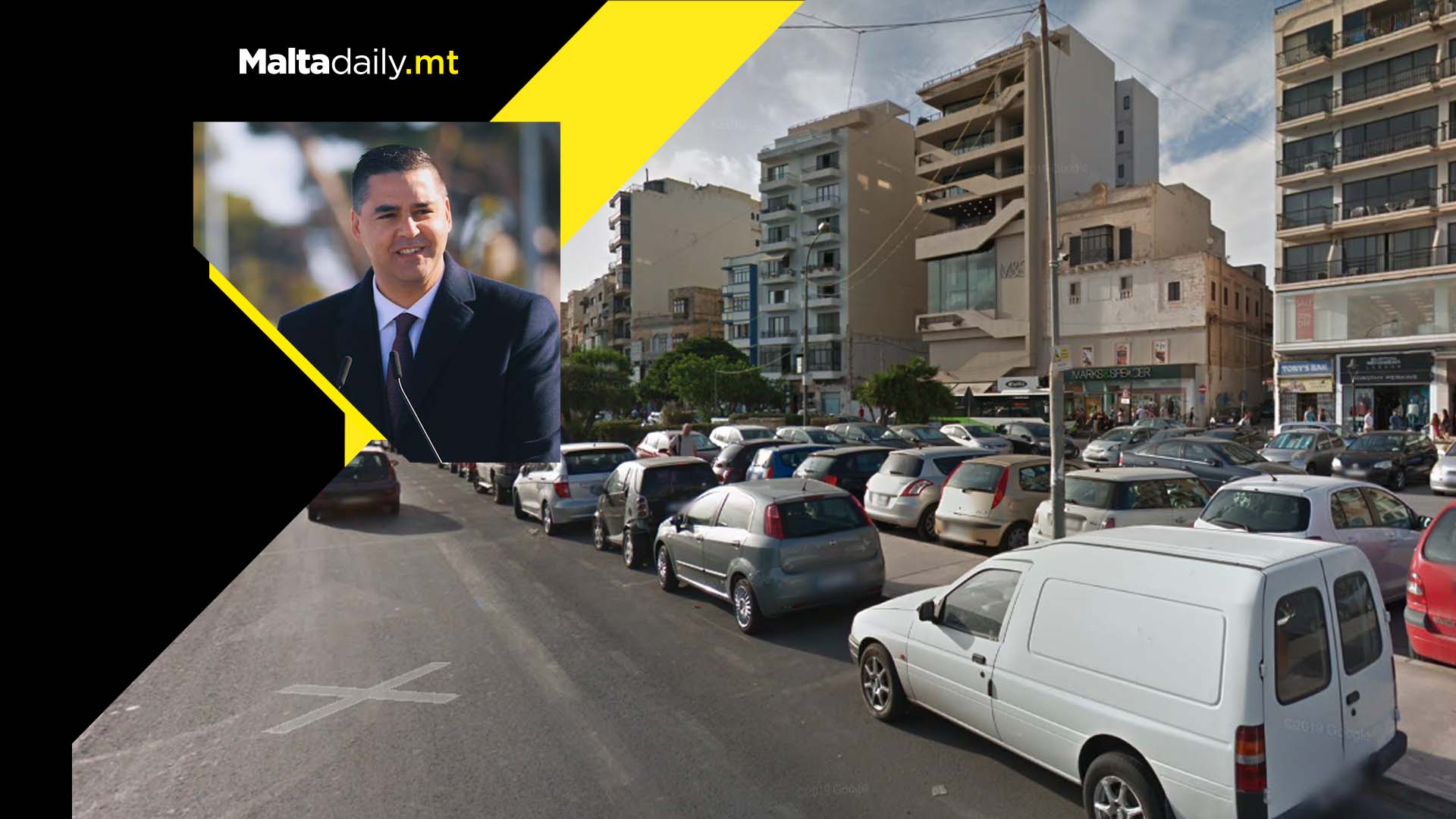Sliema council launches another bid to introduce resident parking scheme

An upcoming meeting between the local councils and the transport minister will take into consideration Sliema’s parking problem, with the resident’s parking on the main agenda.Mayor Graziella Attard Previ said that the council is proposing a six-month pilot project to closely monitor the pros and cons of residential parking. She said it will be analysing whether it is sustainable or if it works specifically in certain zones, stating how the parking issue was always top of the agenda in every resident’s meeting had in the locality.
Transport Minister Ian Borg will be attending the meeting on February 15th, just weeks after the Sliema Annunciation Square was inaugurated. This had reignited the debate over open spaces versus parking in the busy town.The Sliema council was given permission back in 2012 to introduce a resident’s parking scheme, similar to localities like Valletta, Floriana and parts of Liga. The scheme would have allocated half of Sliema’s parking slots for residents during specific times of the day. Parking in reserved areas was only allowed for up to two hours and any breach of the regulations would result in a €23 fine.Following an outcry of complaints and an hour-long strike by teachers in five Sliema schools, the plan was removed after the government intervened in June 2013 and through a legal notice. However, parking in Sliema still remains problematic, becoming even worse according to many.The mayor said that unfortunately, some of the new developments come with no sufficient car spaces or garages. ‘Along with an increase in population, the request for more parking spaces in the locality has only increased.’
Times of Malta were informed by the Mayor that discussions are being held with the hope of applying residential parking in all the roads of the locality. She also explained how the scheme will include a three-colour system.Green parking spaces will be allocated for residents only whereas white parking spaces will be allowed for everyone. Blue spaces will be a mixture of timed parking for both residents and visitors. The pilot project will be studying how these colour codes work in different zones to see if there is need to increase/decrease time slots or change parking bays.
#MaltaDaily


